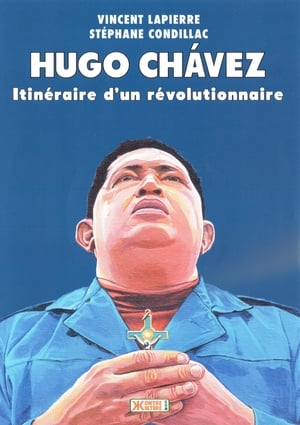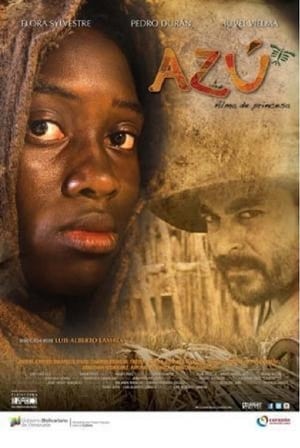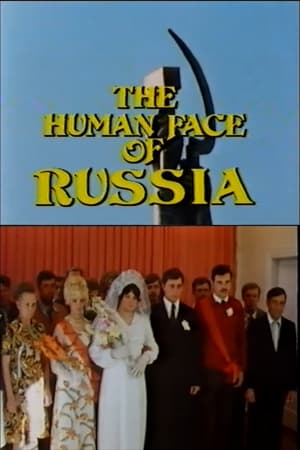

Campoma(1976)
Short that tells the history of Campoma, a small Venezuelan town founded by black slaves.
Movie: Campoma

Campoma
HomePage
Overview
Short that tells the history of Campoma, a small Venezuelan town founded by black slaves.
Release Date
1976-01-01
Average
0
Rating:
0.0 startsTagline
Genres
Languages:
EspañolKeywords
Similar Movies
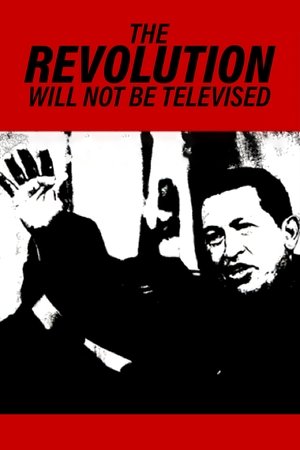 7.7
7.7The Revolution Will Not Be Televised(en)
Hugo Chavez was a colourful, unpredictable folk hero who was beloved by his nation’s working class. He was elected president of Venezuela in 1998, and proved to be a tough, quixotic opponent to the power structure that wanted to depose him. When he was forcibly removed from office on 11 April 2002, two independent filmmakers were inside the presidential palace.
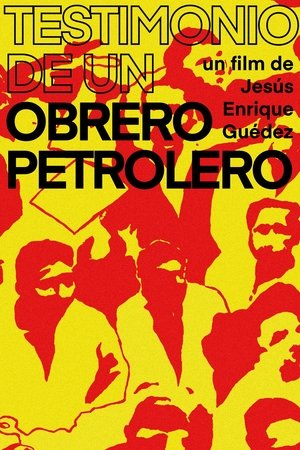 0.0
0.0Testimonio de un obrero petrolero(es)
Trade union leader Manuel Taborda, a pioneer of workers' organisations in the oil industry, recounts his experiences and those of his colleagues from 1920 to 1936, with an emphasis on the struggles against foreign companies and the government.
 0.0
0.0Imagen de Caracas(es)
Imagen de Caracas was an experimental film spectacle, directed by Jacobo Borges and Mario Robles in 1968 for the 400 anniversary of the foundation of Caracas. It needed more than 48768 meters of film and 5000 actors.
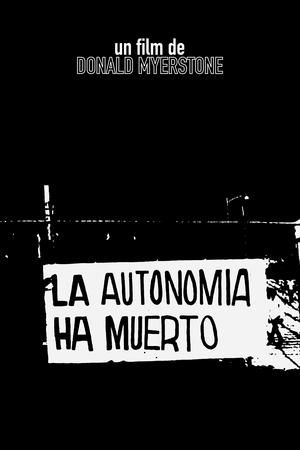 0.0
0.0La autonomía ha muerto(es)
In 1969, the Renovación Universitaria movement and the subsequent raid on the Central University of Venezuela by the government of Rafael Caldera, triggered a strong wave of protest in the Institutes of Higher Education in Venezuela. This documentary collects part of the events that took place in the city of Mérida, Mérida State, where the University of the Andes is located.
 0.0
0.0El rey del bandolín(es)
Cruz Quinal, "the mandolin king," lives near Cumana in a mountain valley surrounded by sugarcane fields. Perpetuating 16th century Spanish traditions of guitar-making, Cruz fashions such musical instruments as cuatros, marimba, escarpandola, and his own creation, a mandolin with two fretboards. He is an accomplished musician as well. In this moving portrait, Cruz compares himself to a decaying colonial church across the street: revered yet neglected, the village altar stands, paint peeling, under the open sky.
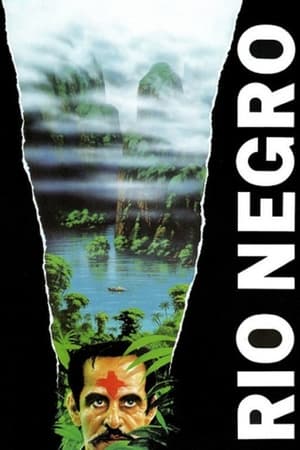 5.7
5.7Black River(es)
Río Negro is the struggle of two men, Osuna and Funes, hungry for power and wealth in a small town in Venezuela, during the dictatorship of Juan Vicente Gómez
Little Square(en)
Intertwined stories of people fighting for love, survival and the truth during quarantine.
Bolívar, Faro de América(es)
Documentary about the life of Simón Bolívar, directed by Antonio Bacé.
Locked Off(en)
Rave Culture is one of Britain’s great cultural exports, but after its first wave in the late eighties and early nineties, it was soon forced into the underground by stringent new laws and superclubs. But forward 25 years into in the midst of a nationwide purge on the nation’s nightlife, where nearly half of all British clubs have shut down in the last decade, and a new kind of scene has emerged. Clive Martin investigates this 21st century version of Rave, where young people break into disused spaces with the help of bolt-cutters and complicated squatting laws, to suck on balloons and go hard into the early morning. But with the police using increasingly extreme tactics to clamp down on these parties, and more than one fatality causing nationwide media panic, can the scene survive?
The Home Cinema of the Dardenne Brothers(fr)
A “Cinéma, de notre temps” series episode directed by french film filmmaker Jean-Pierre Limosin, originally aired sometime around 2006.
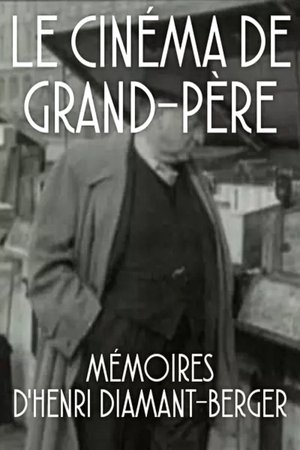 0.0
0.0Le Cinéma de grand-père(fr)
Remarkable life story of Henri Diamant-Berger, a director and screenwriter whose devotion to cinema led him to collaborate with some of the greatest actors and filmmakers of his time.
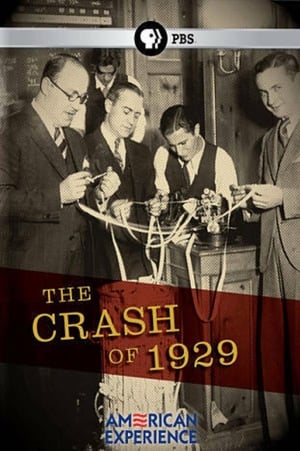 0.0
0.0The Crash of 1929(en)
Based on eight years of continued prosperity, presidents and economists alike confidently predicted that America would soon enter a time when there would be no more poverty, no more depressions -- a "New Era" when everyone could be rich. But when reality finally struck, the consequences of such unbound optimism shocked the world.
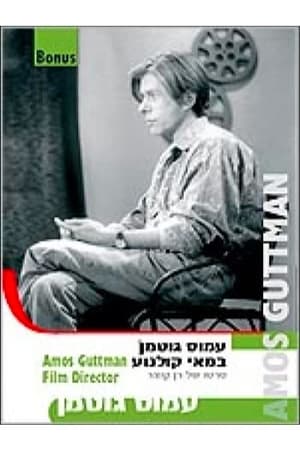 5.0
5.0Amos Guttman: Filmmaker(he)
From 1977 to his untimely death in 1993, Amos Guttman directed six films, all of them deeply personal reflections of his own life. Interviews with lovers, family and friends--including some of the most important people in Israeli cinema--tell the gripping story of a strikingly handsome, charismatic and deeply passionate gay man who has become a revered cult figure in Israeli cinema.Interviews with the late filmmaker and fascinating footage of him on the set convey the same passion that comes through in scenes from his films, lovingly selected by documentarian Ran Kotzer. Like Fellini, Guttman transformed his dreams and everyday conversations with friends and family into integral parts of his pictures. He is most remarkable for his striking and original use of the frame. Every shot is a treasure. Amos Guttman dared to portray subjects that were taboo in his society, and his search for the right of individual expression is the connecting link of his works.
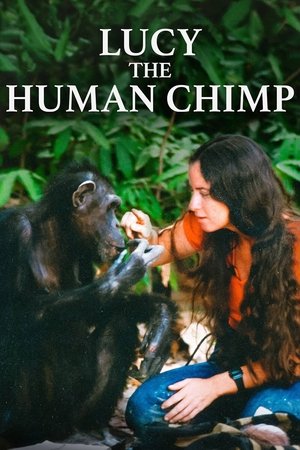 6.3
6.3Lucy the Human Chimp(en)
The profound story of Lucy Temerlin, a female chimpanzee raised as human from birth in a domestic environment, and Janis Carter, the woman who took on the seemingly impossible task of giving her a new life in the wild.
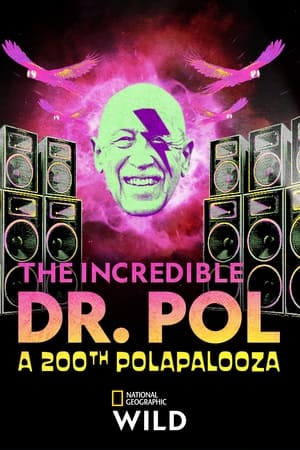 6.0
6.0The Incredible Dr. Pol: A 200th Polapalooza(en)
The one and only Dr. Pol has hit an incredible milestone – 200 episodes! Stroll down memory lane as we look back on highlights from the last decade. Doc, Charles & Diane join in on the fun, watching & reacting to these unforgettable moments right alongside you. Plus, get a first look at never-before-seen footage from the series. It's two jam-packed hours of nonstop Pol-ness you don't want to miss!
Dancing with the Incas(en)
Documentary about the most popular music of the Andes -- Huayno music -- and explores the lives of three Huayno musicians in a contemporary Peru torn between the military and the Shining Path guerrillas.
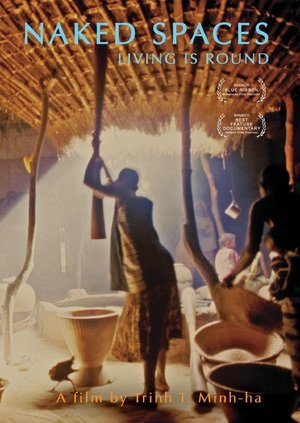 5.0
5.0Naked Spaces: Living Is Round(en)
Shot with stunning elegance and clarity, NAKED SPACES explores the rhythm and ritual of life in the rural environments of six West African countries (Mauritania, Mali, Burkino Faso, Togo, Benin and Senegal). The nonlinear structure of NAKED SPACES challenges the traditions of ethnographic filmmaking, while sensuous sights and sounds lead the viewer on a poetic journey to the most inaccessible parts of the African continent: the private interaction of people in their living spaces.
